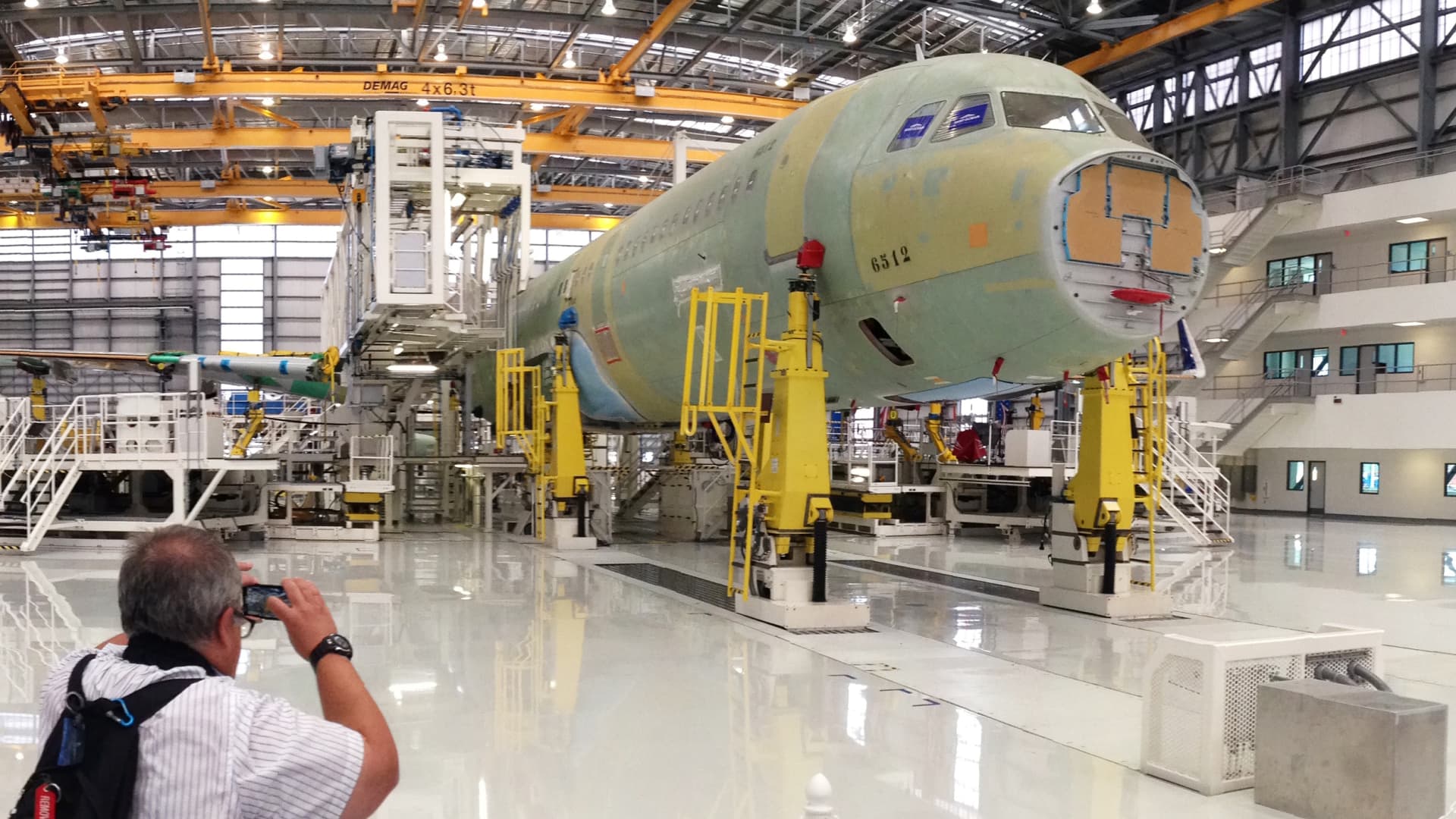Air travel demand is showing no sign of easing, airline executives said this month. But new planes are in short supply, they warned, limiting growth and keeping fares high.
JetBlue Airways said Tuesday it was supposed to receive 29 planes from Airbus next year but will only get about 22.
“I think we’re all well aware that they’re struggling from ramp-up challenges driven by manpower and supply chain,” JetBlue’s CFO, Ursula Hurley, said on the New York-based carrier’s quarterly call. “We’re working hand in hand with them to manage through those.”
Last week, American Airlines CFO Derek Kerr said the carrier expects to take delivery of 19 Boeing 737 Max 8 planes in 2023, compared with the 27 it previously expected based on guidance from the manufacturer.
That means airlines that had parked planes and slashed growth are now struggling to expand. Along with shortages of pilots, the problems could make bargain flights even more elusive.
Executives at Boeing and its chief rival, Airbus, in recent months have said supply chain problems and labor shortfalls have prevented the companies from ramping up production to meet the recovery in air travel.
Boeing and Airbus are set to report results on Wednesday and Friday, respectively.
“We continue to work closely with suppliers to address industry challenges, stabilize production and meet our commitments to customers,” Boeing said in a statement to CNBC. Airbus declined to comment on Tuesday.
The issues have been felt throughout the manufacturers’ suppliers, such as engine makers.
“While we are working many actions across our businesses every day to mitigate the impacts of supply chain constraints and labor availability … we do expect these pressures will continue to persist into next year as well,” said Raytheon Technologies CFO Neil Mitchill during the company’s quarterly earnings call on Tuesday.
Raytheon’s Pratt & Whitney engines fly on both Boeing and Airbus planes, and its Collins Aerospace unit supplies both manufacturers.
